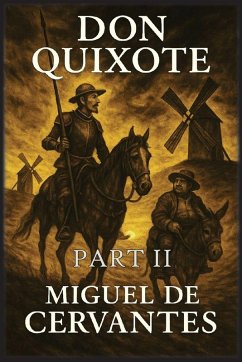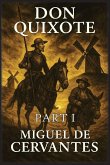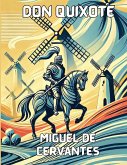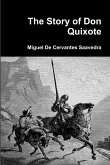First published in 1615, a decade after the runaway success of Part 1, Don Quixote, Part 2 continues the adventures of literature's most famous would-be knight. Older but no less determined, Don Quixote once again sets out across Spain with his ever-faithful squire, Sancho Panza-this time aware that his earlier exploits have been written down and published. Along the way they encounter a colorful cast of nobles, tricksters, and fellow travelers, many of whom have read about their past adventures and seek to test or exploit them.Cervantes deepens the novel's blend of humor and reflection, weaving episodes of elaborate practical jokes, mistaken identities, and philosophical debates on truth, fiction, and honor. From the enchanted boat to the ducal palace, from Sancho's unlikely governorship of an island to Don Quixote's final return home, Part 2 offers both uproarious comedy and poignant farewell. More self-aware, layered, and bittersweet than its predecessor, it stands as a masterwork of early modern literature and a fitting conclusion to one of the greatest stories ever told.
Bitte wählen Sie Ihr Anliegen aus.
Rechnungen
Retourenschein anfordern
Bestellstatus
Storno








